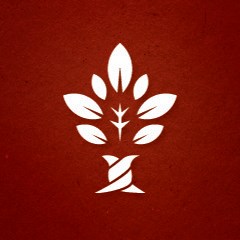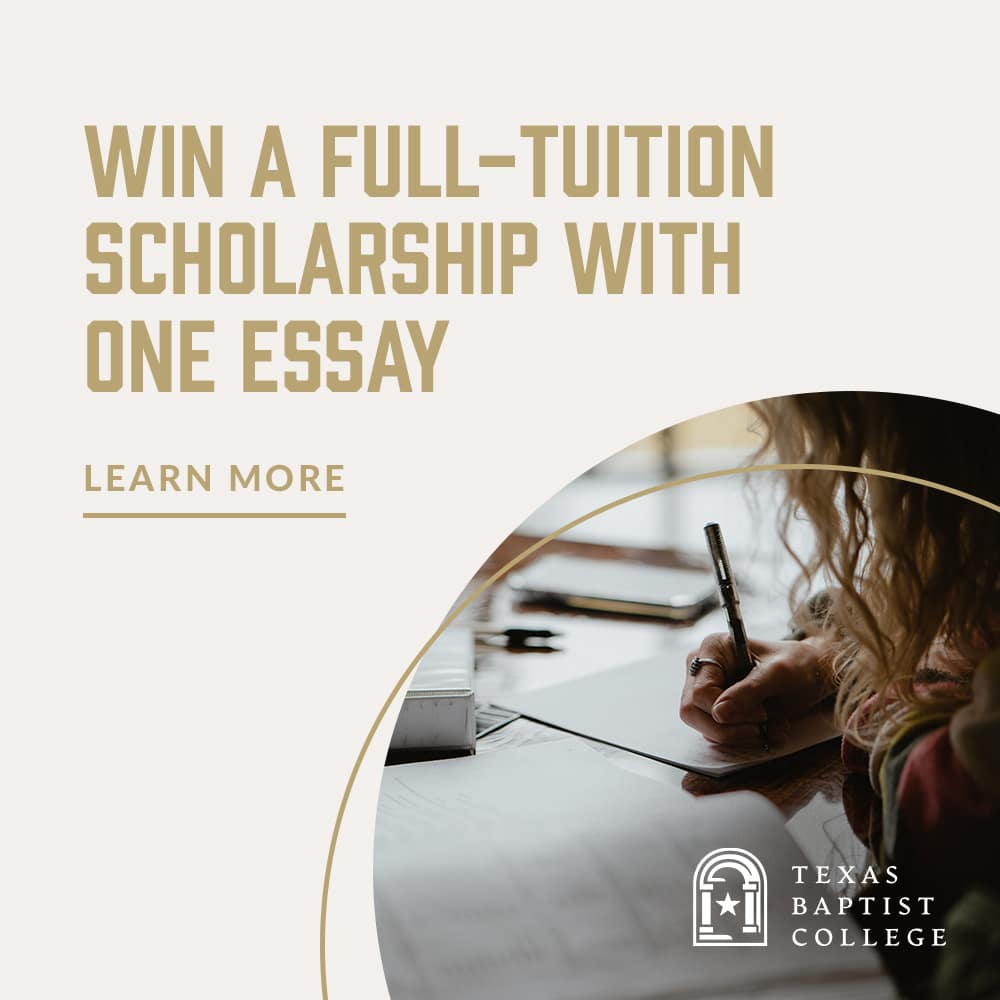8 Habits of Every Great Student

Earlier this month we shared some reflections from teachers we trust on the habits that every great teacher displays. Now we want to flip that around, so we asked around to find out about the habits that every great student displays. Here’s what we found out.
***
George Grant, recipient of the 2017 Russell Kirk Paideia Prize, founder King’s Meadow Study Center
According to historian Nick Needham, “Curiosity is the mother of knowledge.” This is one of the most essential lessons we learn from a host of great educational thinkers from St. Augustine, Gerhard Groote, Jan Comenius, and John Milton to Charlotte Mason, Dorothy Sayers, Jerram Barrs, and Susan Schaeffer Macaulay. A great student is inevitably a curious student, whose creative imagination is piqued, whose interests are stirred to delight, whose habits are inclined to entertaining the connections between what it is they are supposed to learn and what it is that they have come to love, whose mind naturally follows the rabbit trail (and the footnote trail). After all, the rabbit trail quite often really is the point.
Christine Perrin, Professor at Messiah College, author of Bright Mirror
Great students trust their teachers and have a sense that whatever is being taught is likely good to learn. This is true even when they aren’t sure if its good yet. Thus the habit, upon beginning a new class, is to confidently expect that there will be worthy depths to a class. Then the students will have patience to wait for the depths to be fathomed.
David Hicks, author of Norms and Nobility, recipient of the 2002 Russell Kirk Paideia Prize
I doubt that there’s one habit, in isolation from several others, that will a great student make. Great students, like worthy men and women generally, possess many good habits, habits that are mutually supportive and, like those humble body parts, might seem insignificant until they’re found missing. But if I had to choose one, I guess I’d go with sophrosyne (modest-mindedness). Isn’t it usually what we think we already know, often hiding in unexamined assumptions, that kills our curiosity, makes us more prone to speak than to listen, and stops the flow of learning?
Joshua Gibbs, Veritas School in Richmond, VA
Fake it. Figure out who the best teacher you have is and pretend to be that teacher. On the first day of class, tell this teacher, “Look, I am just a kid and I don’t know any better. I am going to pretend to be an adult. I am going to pretend to be an intellectual. It will annoy you and everyone in class, and I’m sorry, but that’s how it has to be. When my shtick starts to seem pretentious, don’t worry. I know I’m actually an idiot. That’s why I am doing this.” When you write an essay, pretend you are way smarter than you actually are. If you are reading Rousseau, use all the fancy words Rousseau uses, even if you are only half sure what they mean. Try to sound like you know what you are talking about. If you do this, your grades will probably not be as good as they would be if you wrote predictable, safe, unambitious, milquetoast drivel, but hey, you only live once.
Sit with the teachers at lunch. Laugh at their jokes, even if you don’t understand their jokes. On Fridays, ask the teachers what they are doing over the weekend. Do whatever they’re doing. If they’re going to see the new Sofia Coppola movie, you go see it too. If your teachers are cooking Bouillabaisse on Sunday, ask your mother to buy clams and oysters and get a recipe. Find out what your teachers are reading on their own time (“My own time? What’s that?” and then laugh like you’re in the same boat) and then read the same books. Does your favorite teacher wear her hair in a bun? You do, too. Does your favorite teacher have a beard? Don’t shave until the administration tells you to do so. Figure out which teacher is wisest and happiest and ask that teacher what they think about tattoos, coffee, fad diets, racism, global warming. If you are asked what you think about any of these issues, say, “Well, Mr. So-and-So says…” and then don’t state your own personal opinion. Fake it, kid. It’s what your best teachers are doing, they’ve just been doing it for so long, they don’t remember the names of the people they’re parroting.
Greg Wilbur, President of New College Franklin
Humility is a foundational habit of a great student. Learning requires us to recognize that we do not, and cannot, know it all and that others contribute to our knowledge and understanding. Those others may be teachers and peers, or the authors, artists, and composers we study. Pride in knowledge reveals itself in not so subtle ways — we talk about books we haven’t yet read, we are reluctant to say we don’t know something when others are conversant in it, or we compare our knowledge to peers who are being educated differently as a measurement of superiority. Using education as a crutch to prop up our self-worth, dignity, or social standing kills true learning. C.S. Lewis makes the point in An Experiment in Criticism that when we read we will only continue to meet ourselves if we do not open our minds, hearts and lives to receive what an author is saying. Otherwise we run the danger of using (Lewis’ word) a book or piece of music for our own purposes. We tend to selectively highlight, repeat, and look for proof texts to reinforce what we already believe and to bolster our own prejudices. A true student humbly submits to the discipline of learning, recognizes what they do not know, and challenges, shapes, and nuances what he already has learned. Humility marks the difference between acquiring knowledge (facts that can be objectively assessed and accumulated) and wisdom (submission to the ever flexible application of knowledge to serve others).
Brian Phillips, Director of CiRCE consulting
I once heard (from Dr. George Grant, I believe) J.R.R. Tolkien quoted as saying, “The essence of education is repentance. It is recognizing that we don’t know what we ought to know. We don’t do what we aspire to do. We make up a thousand excuses as to why it is that we’re not all that we were called to be.”
Particularly striking to me is that this highlights how education encompasses our habits – what we know, what we are, what we do, what we dream, and what we say. Related to this, the Greek term paideia refers not just to the formal act of schooling, but of enculturation and upbringing. It is the whole pattern of life that shapes a person.
Thus, it is difficult to pinpoint one habit of great students, but my attempt at it would be this: Great students give attention to how they are being shaped as people. What kind of person are you becoming? Going back to Tolkien’s statement, what repentance is needed as you go forward? What excuses need to be abandoned?
Adam Andrews, Director of the Center for Lit
The essential characteristic of a good student is, unfortunately, not one that can be acquired by practice, diligence, or effort: It is humility born of self-knowledge. As C.S. Lewis puts it in The Abolition of Man:“It still remains true that no justification of virtue will enable a man to be virtuous.”
A good student sees himself clearly and knows his own lack of virtue first-hand. This is the only condition in which real education is possible. Despite the somewhat disheartening fact that such self-knowledge cannot be attained by dint of effort, it is a comforting truth that the great literature of the western tradition is preoccupied with this human predicament, and its adverse blessings. In this respect, the reading of good books offers all students a deep well of compassion and encouragement in their pursuit of a life spent coming to grips with the undeserved grace and love of God.
Matt Bianco, Head Mentor in the CiRCE Apprenticeship
At the CiRCE Apprenticeship retreat, I asked the second and third year apprentices (the journeymen) to identify some tips they could offer to the first year apprentices, tips to help them get the most out of the apprenticeship. This is a summary of what they came up with.
First, apprentices (students) should be bold. Be willing to speak up, put yourself on the line, participate in group or class activities. Second, apprentices (students) should trust the forms. If The Lost Tools of Writing, for example, asks you to do something a certain way, do it that way. Trust that it has a good reason for it even if you do not know what it is. The same is true for other books, lessons, activities, or classroom practices. Third, apprentices (students) should establish routines. Some make Sundays their Dante Day, the day they do their Dante readings, while other days are set aside for other assignments. The more routine your work is, the easier it is to remember to do it and to do it well.
Notice I wrote “students” beside “apprentices.” After sharing these tips, the apprentices and journeymen all noticed that these are the exact things they ask of their students. Learning at all levels — whether it be teachers in an apprenticeship or teenagers in a school classroom or a preteen at the dining room table — makes the same demands of each of us. Doing these things will help make us better students, no matter what we are learning or how old we are.










